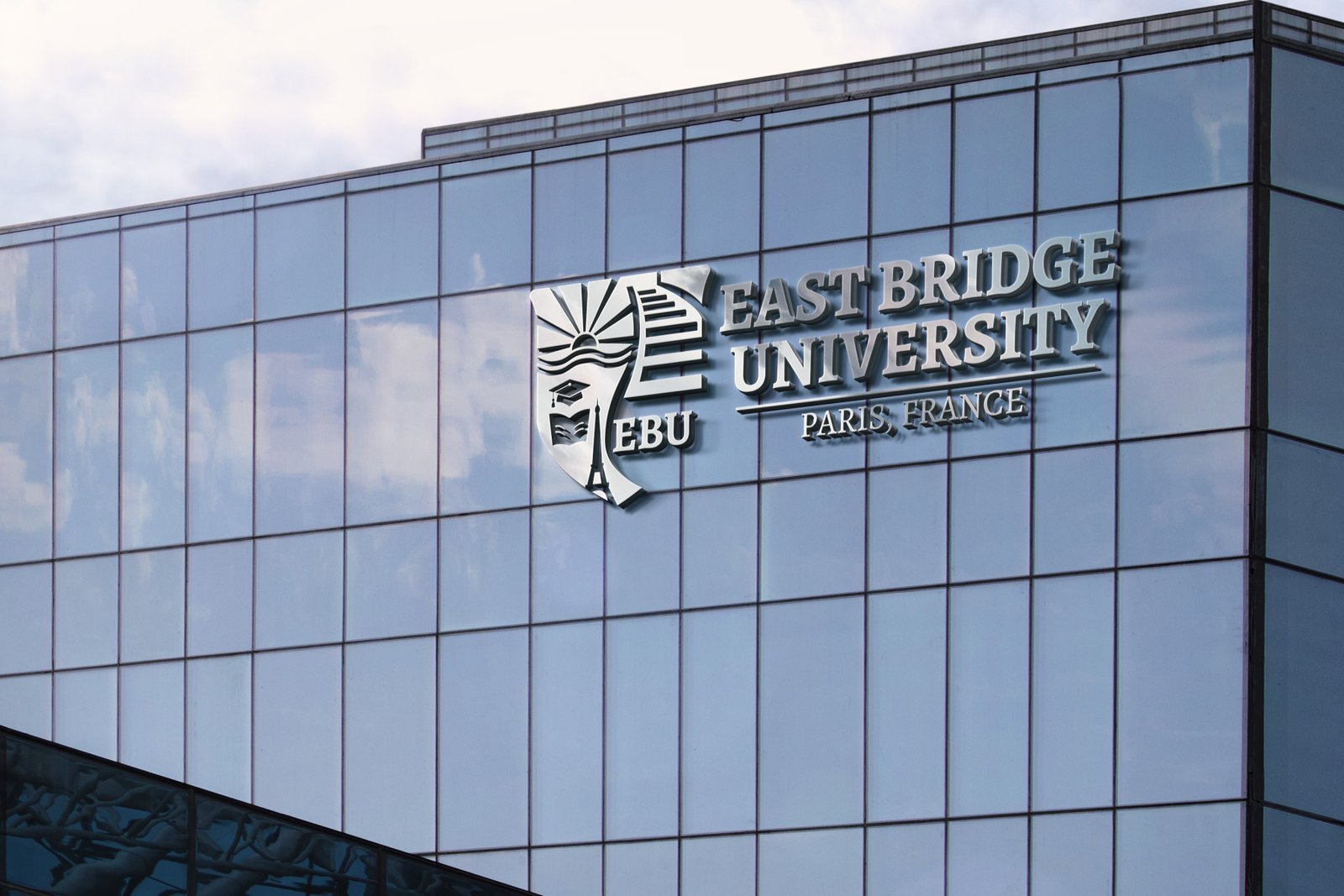In a world that increasingly recognises the importance of diversity in leadership, one truth remains constant: when women lead, progress follows. Across boardrooms, classrooms, and communities, female leaders bring new dimensions of empathy, collaboration, and resilience that redefine what success looks like. Yet, even today, women remain underrepresented in senior academic and executive roles globally.
At East Bridge University (EBU), this reality fuels a mission rooted in empowerment. Guided by the principles of SDG 5: Gender Equality and SDG 17: Partnerships for the Goals, EBU is building a future where education doesn’t just open doors—it helps women lead through them. Through its Doctorate programs and Executive Education initiatives, the university is helping women rise to leadership positions, create networks of influence, and inspire generations that follow.
Leadership That Reflects the Future
At the heart of EBU’s mission lies a simple but powerful idea: leadership should reflect the diversity of the world it serves. Today, 58% of EBU’s senior academic leadership positions are held by women—29 out of 50 roles. This representation is more than symbolic; it’s structural. Women at EBU shape academic policies, guide research agendas, and mentor future scholars, ensuring that every decision reflects inclusivity and insight.
This approach translates directly into the classroom and beyond. The university’s online degree programs attract learners from over 89 countries, where women make up 47% of all graduates—a number that includes 12% in STEM fields, 4% in Medicine, and 84% in Arts & Humanities. These figures are more than statistics; they are milestones marking the rise of women as thought leaders across disciplines.
The Role of Professional Doctorates in Empowering Women
The professional doctorate programs represent more than an academic achievement—it’s a catalyst for influence. EBU’s online doctorate programs are specifically designed for working professionals, offering flexibility without compromising academic rigour. Through research, mentorship, and applied learning, these programs enable women to translate their experience into leadership action.
For many women balancing careers, families, and social responsibilities, traditional pathways to higher education can be restrictive. EBU’s Flexible Online Degree Programs address this challenge by providing adaptable learning formats and personalised academic support. This accessibility ensures that education works around life—not the other way around.
Graduates from EBU’s professional programs often transition into roles that shape policy, manage institutions, and mentor others. Their journeys prove that when education aligns with opportunity, women not only break barriers—they build bridges for others to follow.
Executive Education: Training Tomorrow’s Leaders Today
EBU’s Executive Education modules take leadership development a step further by focusing on skill-building for women in mid-to-senior professional roles. The university currently serves 156 working professionals, with 89% achieving employment advancement within six months of completing their training.
These programs are more than professional credentials—they’re communities of practice. Through partnerships with educational institutions, NGOs, and government organisations, EBU’s executive education initiatives cultivate collaboration between women professionals worldwide. This global exchange of ideas embodies the spirit of SDG 17, fostering partnerships that empower women to create change across sectors and societies.
By linking leadership theory with practical strategy, EBU ensures that women don’t just enter leadership spaces—they redefine them.
Partnerships That Amplify Impact
True equality thrives through collaboration. EBU’s Global SDG Partnership Network, active across 18 international organisations, connects governments, NGOs, and educational leaders to promote equitable access and professional advancement. Within this network, women educators and executives play a central role in driving inclusive development initiatives.
These partnerships have led to vocational training programs in Sri Lanka, Myanmar, and Vietnam, improving economic opportunities for women in underserved communities. Through shared research, joint conferences, and policy consultations, EBU and its partners amplify women’s voices in academic and professional spaces where they have long been underrepresented.
This collaborative model embodies the principles of education without borders—knowledge that crosses boundaries and creates lasting impact through unity.

Education as an Equaliser
In an era where access to leadership remains uneven, education continues to be the great equaliser. EBU’s work demonstrates how accredited online degree courses and community-driven initiatives can dismantle structural inequalities by giving women the tools to lead effectively.
By designing degree programs that prioritise accessibility, flexibility, and mentorship, EBU helps women build the academic and professional credibility needed to excel in diverse global contexts.
Through its sustained focus on gender equity and international partnerships, the university has redefined what inclusive higher education looks like—where women are not only beneficiaries of progress but also architects of it.
The Way Forward: Leadership That Lifts Others
As the world reimagines the future of work, governance, and education, women leaders will continue to shape what comes next. East Bridge University’s model shows that gender equality is not achieved through representation alone, but through the creation of ecosystems that sustain women’s growth, ambition, and influence.
Every woman who completes an online doctorate program, earns an executive credential, or takes on a leadership role at EBU becomes part of a much larger story—a story of collective advancement. Together, they embody the essence of sustainable development: progress that uplifts not just individuals, but entire communities.
At EBU, education is not simply a qualification—it’s a movement. One that begins with opportunity, grows through collaboration, and ultimately reshapes the world by ensuring that women lead it.
Photo by Tima Miroshnichenko: https://shorturl.at/Mv0uw


